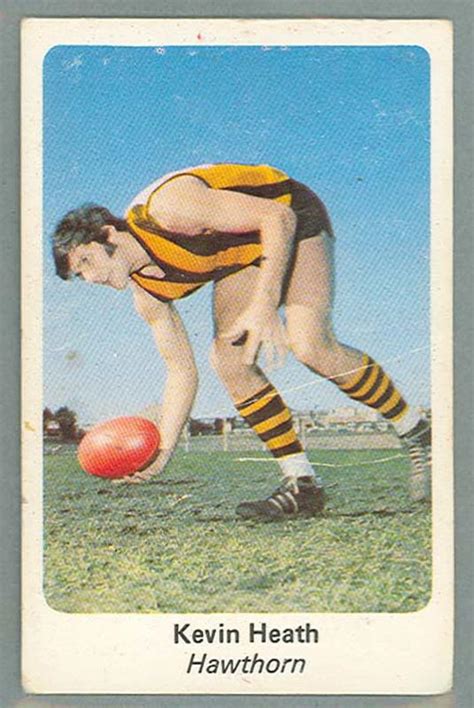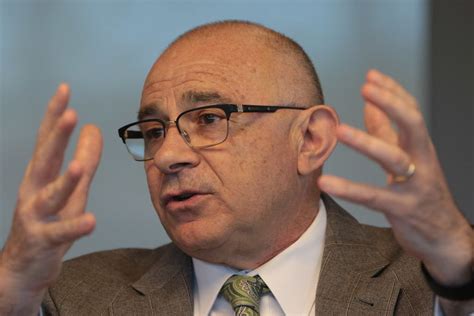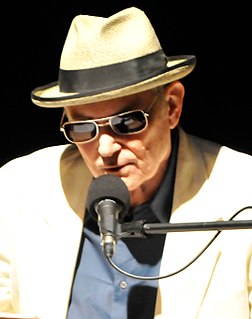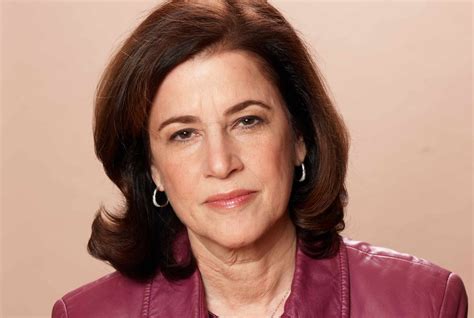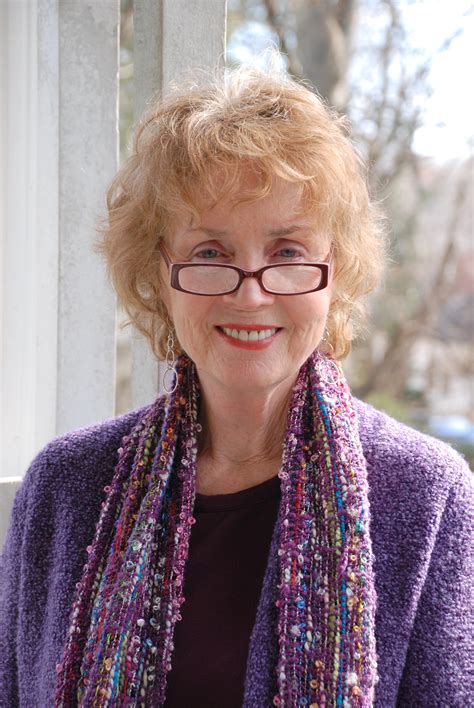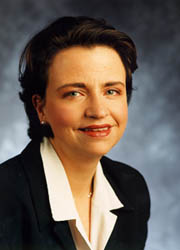A Quote by Kevin Heath
Four Very Powerful Words to say to your child: I Believe in you!
Related Quotes
Four. That's what I want you to remember. If you don't get your idea across in the first four minutes, you won't do it. Four sentences to a paragraph. Four letters to a word. The most important words in the English language all have four letters. Home. Love. Food. Land. Peace. . .I know peace has five letters, but any damn fool knows it should have four.
The colicky baby who becomes calm, the quiet infant who throws temper tantrums at two, the wild child at four who becomes seriousand studious at six all seem to surprise their parents. It is difficult to let go of one's image of a child, say goodbye to the child a parent knows, and get accustomed to this slightly new child inhabiting the known child's body.
Certainly I was a very religious child, a deeply weird and very emotional child, an only child with lots of imaginary friends and a very active imagination. I loved Sunday school and Bible camp and all that. I had my own white Bible with Jesus' words printed in red in the text; I even spoke at youth revivals.
Take care with your words, Jacquetta, especially in cursing. Only say the things you mean, make sure you lay your curse on the right man. For be very sure that when you put such words out in the world they can overshoot-like an arrow, a curse can go beyond your target and harm another. A wise woman curses very sparingly.
That's very indicative to me of one of the things that really creates an aversion for me about having a child - this idea that every decision you make in your life has to be dictated by the child. And yet, I believe that if you choose to have a child you have an absolute primary responsibility to create a safe, loving environment.
I have this theory that the more important and intimate the emotion, the fewer words are required to express it. For instance in dating: 'Will you go out with me?' Six words. 'I really care for you.' Five words. 'You matter to me' Four words. 'I love you.' Three words. 'Marry me.' Two words. Well, what's left? What's the one most important and intimate word you can ever say to somebody?
'Goodbye...'
Parents become very good at not hearing the explicit words and listening instead to what the child means but doesn't yet know how to say: 'I'm lonely, in pain, frightened' - distress which then unfairly comes out as an attack on the safest, kindest, most reliable thing in the child's world: the parent.
